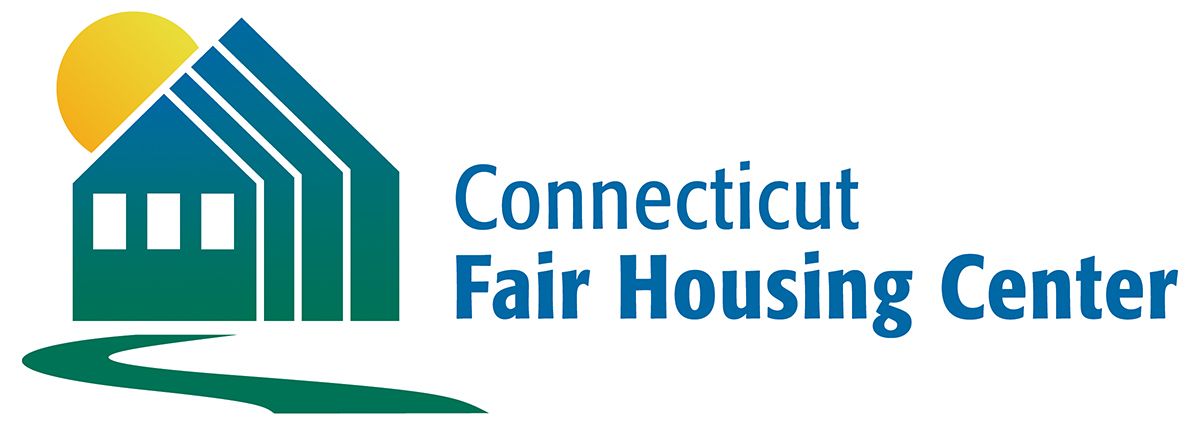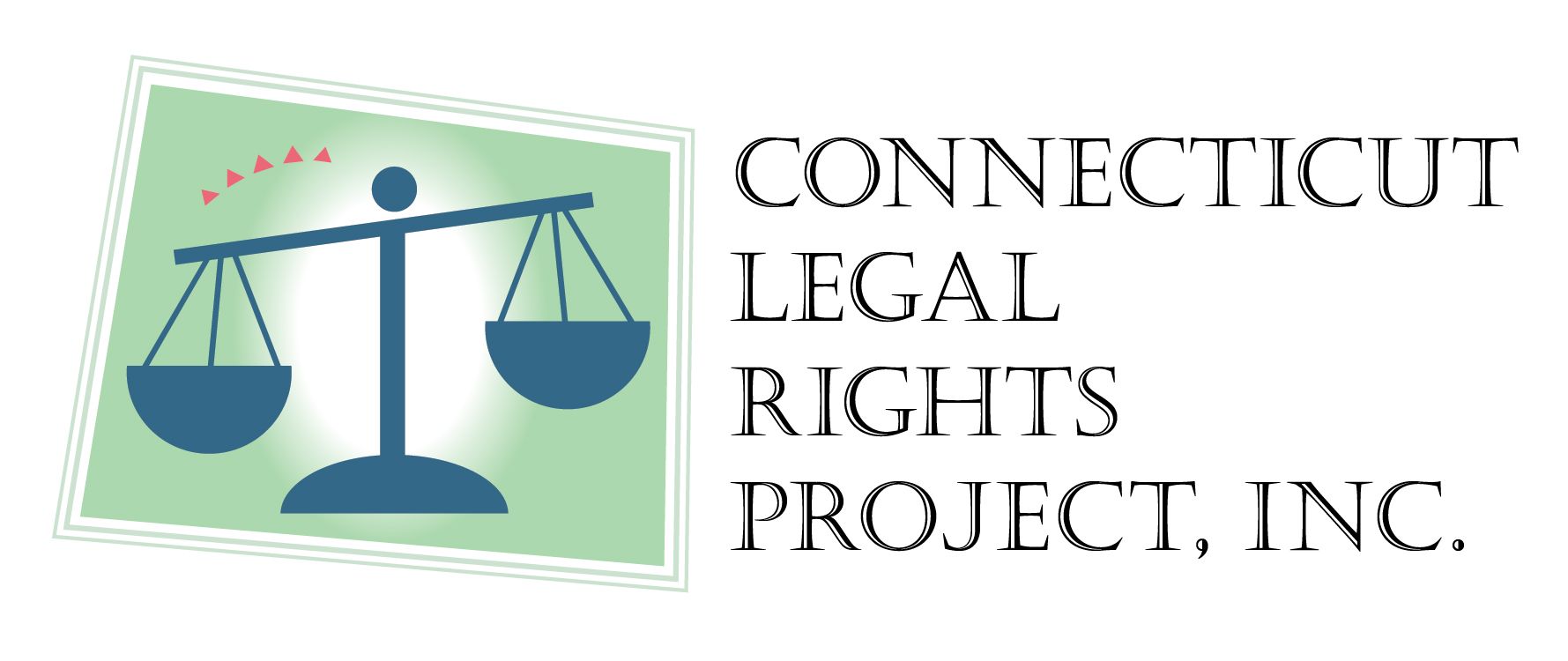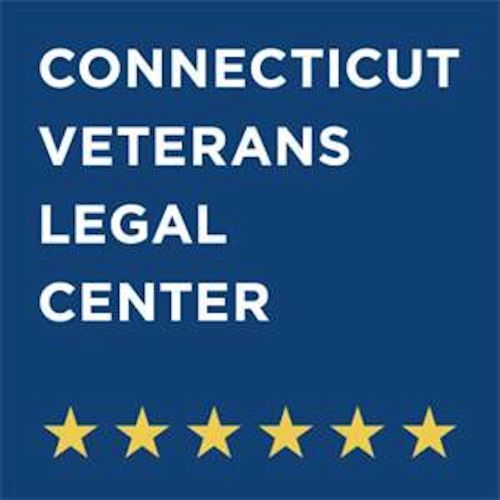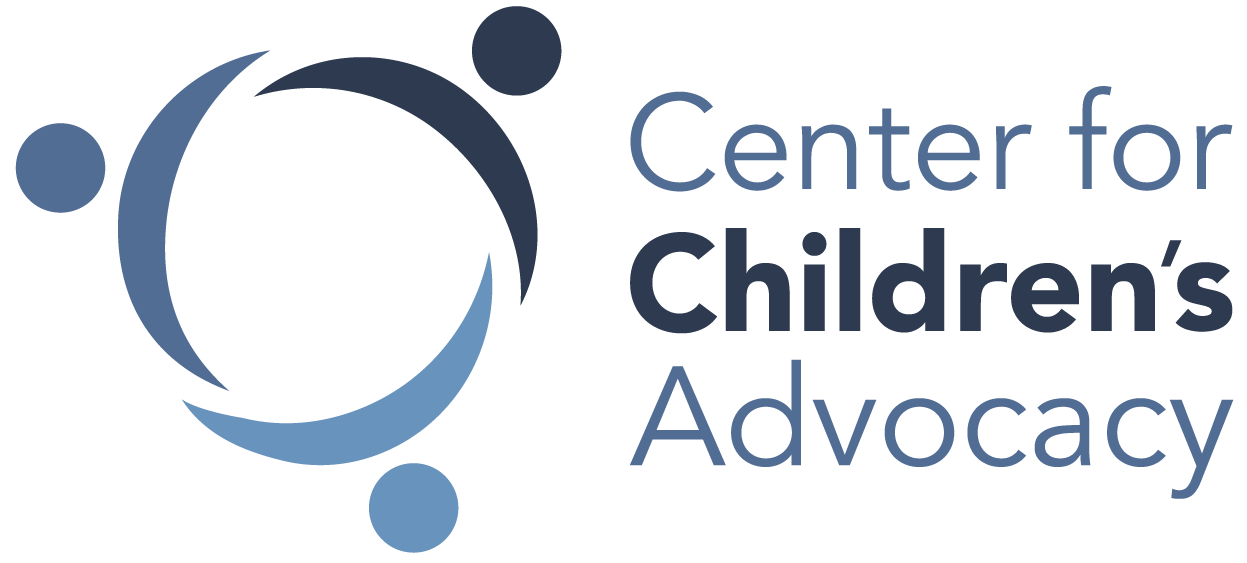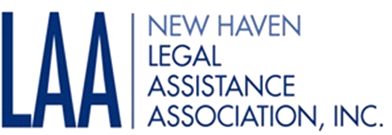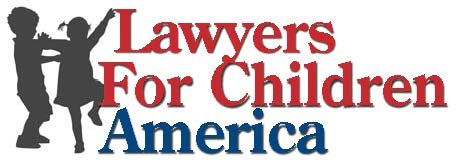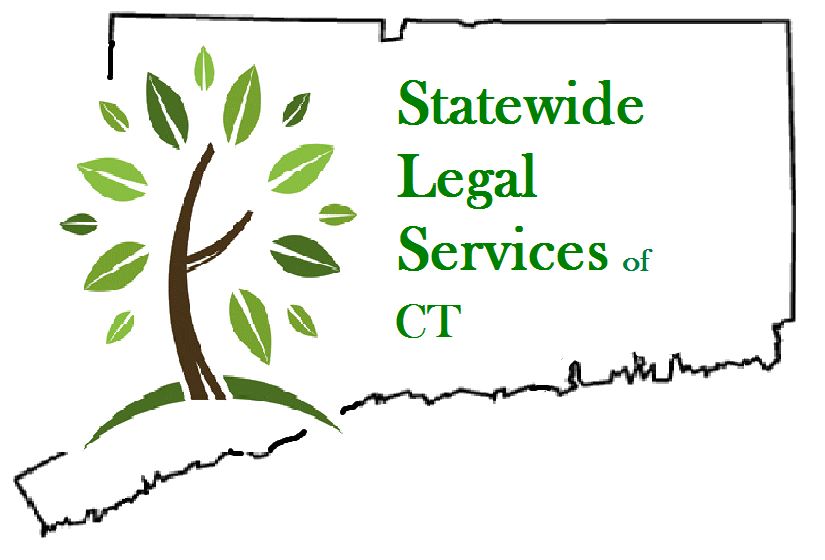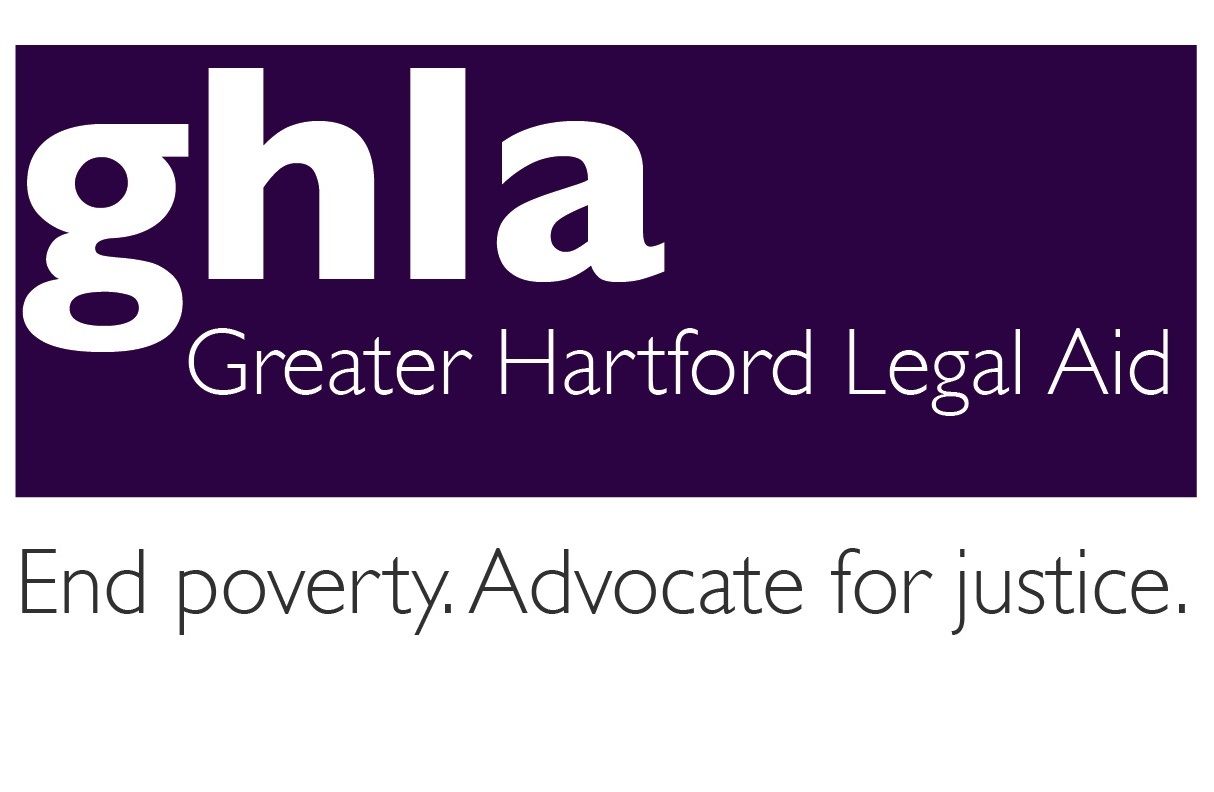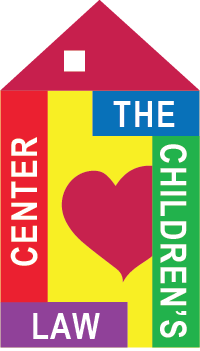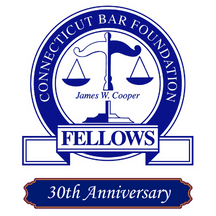
Fellows Spotlight
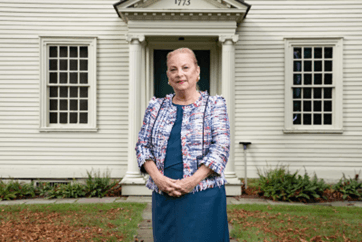
Hon. Anne C. Dranginis
Retired
- Why did you choose the legal profession as a career?
My mother was a teacher and encouraged me to attend law school. I worked in Robert Kennedy’s senate office in NYC. I worked on constituent letters and research, and my employees encouraged me to apply to law school and so I did. I ended up attending the UCONN law school. At the time, female attendance at law school was still very low, and I was a minority. The main reason why I decided to pursue law school was because I saw the law as a way to work through a central message Robert Kenendy taught me: that all institutions are imperfect, always needing to be reviewed and improved. He said that the best way to improve institutions was from within. I took this message to heart.
- What do you enjoy most about being an attorney?
I’ve had a lot of great experiences as a judge. One time, I had a thirteen week homicide case, written about in the New York magazine. My name was on the front cover of the New York Times, a case involving two Columbia medical students in Litchfield County. As a judge, I’ve had many great opportunities to oversee cases that were a first impression of some political and public interest.
- What is the biggest challenge you have faced in the legal profession?
There was a case where I didn’t like the law, namely the death policy. The most difficult thing I’ve had to do as a judge is to sentence people, particularly people who commit crimes such as drunk driving homicide cases. They didn’t have real criminal intent. I remember a young man who was driving with his best friend and the friend died and he didn’t. Both mothers were in the courtroom holding on to each other. There was another case with pretty compelling evidence of a man killing a woman. The man was an African American veteran, and I ended up giving him 52-55 years in prison, even though I felt that serving as a veteran should decrease the time. I’ve always had my own opinion in cases, but sometimes I cannot exercise or act upon that opinion. I’ve always paid attention to what the law required. One main challenge I’ve confronted is simply practicing criminal prosecution as a woman.
- What do you like most about Connecticut?
What’s not to like about Connecticut? We have great skiing locations, a close proximity to NYC, the ocean, mountains, beautiful surroundings, a well-educated citizenry, and it’s always been home to me as a native of Connecticut.
- Please share any community service you have participated in and are most proud of.
I served as chair to a judicial branch committee. The purpose of the committee is to test the new bar exam. It’s a really good test to determine minimal competence to get admitted to the bar. In my judicial career, I was on a board which ensured that money designated to certain charities were properly receiving the funding. I was also a member of the Conneciuct Prison Association, an organization which has been in existence for a long time, nearly 150 years. Mark Twain was even on it at one point.
- Why is the Fellows Program special to you?
The Fellows do a great job of covering current issues quickly in a way where people are educated about legal theory. The program serves an important role in keeping Connecticut lawyers highly educated about current events and challenges. I served on the Cooper Fellows board for a while. When I was Chief Family Judge, we put on a big conference and it was hugely attended, in the mid 90s and that was definitely one highlight of my time with the Fellows.
- Please share any favorite Fellows-related memory (an event, a fellow Fellow, etc.), or tell us about your favorite Fellows program/event/committee that you attended or worked on.
The Fellows are doing a great job of ensuring our rule of law is being protected. There is always something interesting going on with the Fellows, whether it be a discussion or panel about a given issue or topic. They often host conferences providing access to justice, helping to educate people on current issues. The Fellows are very great at talking about something difficult in a productive way and enhance understanding.

